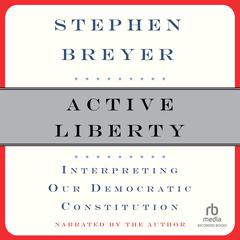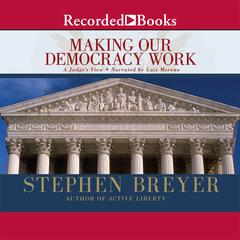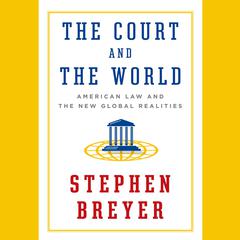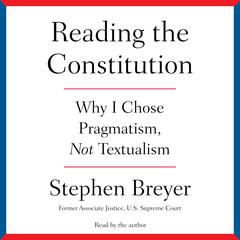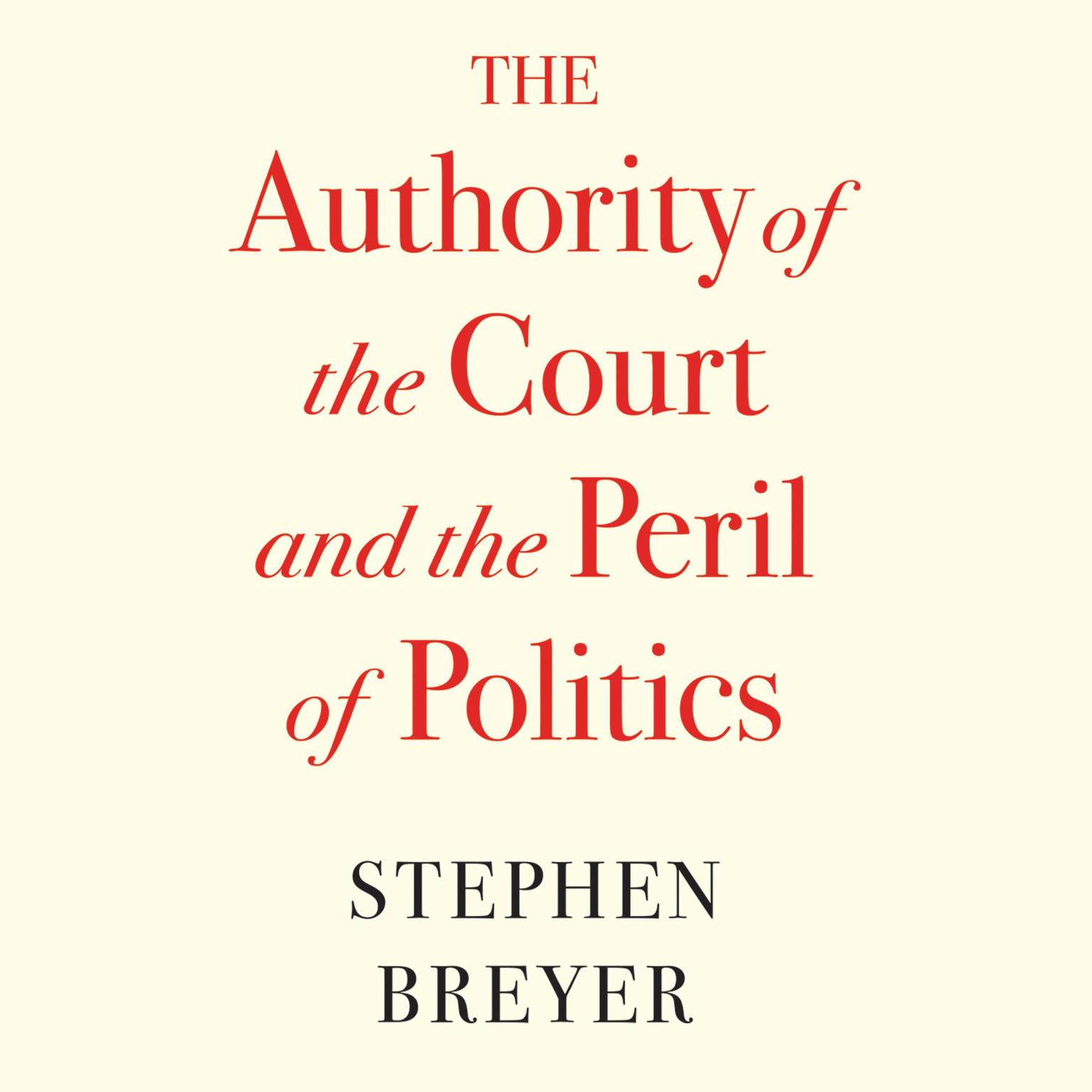 Play Audiobook Sample
Play Audiobook Sample
The Authority of the Court and the Peril of Politics Audiobook
 Play Audiobook Sample
Play Audiobook Sample
Quick Stats About this Audiobook
Total Audiobook Chapters:
Longest Chapter Length:
Shortest Chapter Length:
Average Chapter Length:
Audiobooks by this Author:
Publisher Description
A growing chorus of officials and commentators argues that the Supreme Court has become too political. On this view, the confirmation process is just an exercise in partisan agenda-setting, and the jurists are no more than “politicians in robes”?their ostensibly neutral judicial philosophies mere camouflage for conservative or liberal convictions. Stephen Breyer, drawing upon his experience as a Supreme Court justice, sounds a cautionary note. Mindful of the Court’s history, he suggests that the judiciary’s hard-won authority could be marred by reforms premised on the assumption of ideological bias. Having, as Hamilton observed, “no influence over either the sword or the purse,” the Court earned its authority by making decisions that have, over time, increased the public’s trust. If public trust is now in decline, one part of the solution is to promote better understandings of how the judiciary actually works: how judges adhere to their oaths and how they try to avoid considerations of politics and popularity. Breyer warns that political intervention could itself further erode public trust. Without the public’s trust, the Court would no longer be able to act as a check on the other branches of government or as a guarantor of the rule of law, risking serious harm to our constitutional system.
Download and start listening now!
The Authority of the Court and the Peril of Politics Listener Reviews
Be the first to write a review about this audiobook!
About Stephen Breyer
Stephen Breyer is a former associate justice of the United States Supreme Court who served there for twenty-two years until retiring in 2022.
About Jim Seybert
Jim Seybert has worked as a radio announcer, talk show host, and television producer. He also spent many years as business development vice president at an association of independent retail stores. Today, he maintains a private consulting practice and works with companies in many industries, helping them find new ways to do things. A frequent speaker and seminar leader, he has shared his ideas and expertise with the National Center for Database Marketing, Direct Marketing Association, Christian Management Association, Gospel Music Association, and Biola University’s Executive MBA program, where he is a frequent lecturer.




